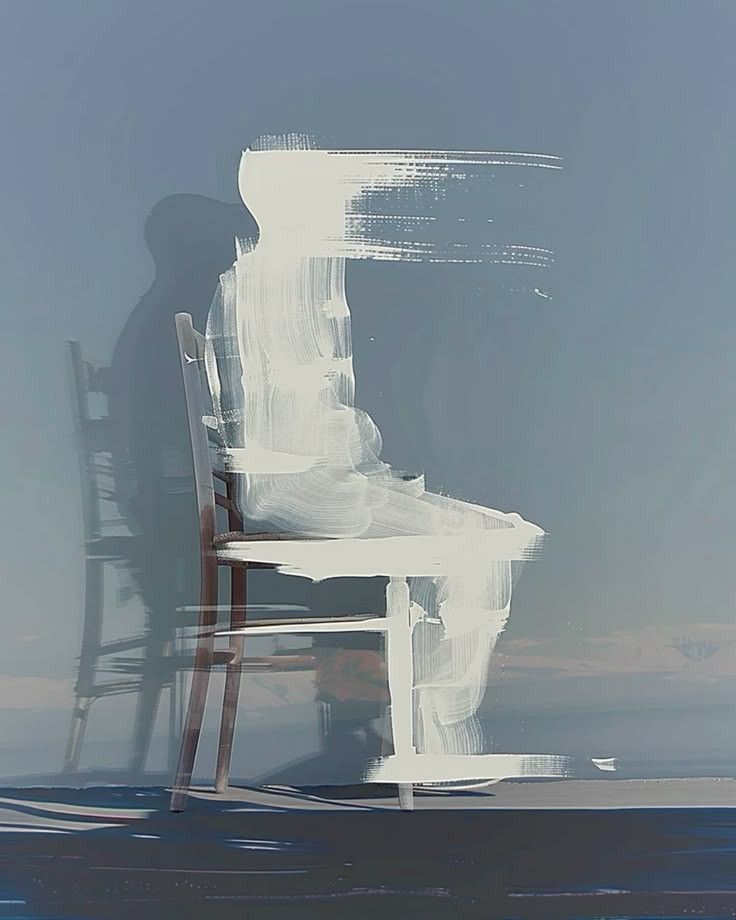Cancer, just the word itself is heavy. It lands in conversations like a stone tossed into quiet water, rippling outward, sometimes silencing everything around it. Most people instinctively hear it as a death sentence. Or at least as something dark, destructive, unfair. And sure, it is all of those things. But here’s a thought that almost feels forbidden to say out loud: can anything good come with it?
It’s the question nobody wants to ask when the diagnosis first hits, right? Because at that moment you’re staring at medical charts, schedules filled with treatments, the morbid Google searches at 2 a.m. What possible “good” is there in that? Doesn’t even sound right. But humans are complicated, survival is messy, and strangely—sometimes healing lets in forms of light you wouldn’t expect.

I’ll tell you something blunt. Cancer makes life real fast. Priorities slam into focus. That trip you’ve been putting off, the “I’ll call them later” conversations, the dreams that always seemed like ideas for another, better version of you… They stop waiting. Cancer doesn’t care about your perfectly organized five-year plan—it laughs at it. And bizarrely, that absolute disregard can jolt people into actually living.
I knew a guy—friend of a friend, not close—but he was middle-aged, banker type, very “spreadsheet life.” He gets diagnosed, and suddenly he’s painting. Like oil paints, messy canvases all over his garage. “Always wanted to,” he said, but never “had time.” Cancer cracked open a door that had stayed bolted for 40 years. Doesn’t mean his treatment path was easy. It was brutal. But out of the chaos came something undeniably alive.
There’s also this: people show up. Not always who you expect—sometimes they run. Disappear. Too scared. Too awkward. But then others step in, quietly, fiercely, showing sides of themselves you never saw before. It’s like an x-ray of your relationships. Strips out the fake ones. Strengthens the ones worth keeping. Almost like cancer doesn’t just attack the body, but the social fabric around it, testing what holds and what tears.
Family dinners that had gone cold restart. Old grudges fade. You learn to say things while you can, without wrapping them in polite packaging. “I love you,” “I forgive you,” “I need you.” Cancer forces those words out before time robs you of the chance.
Doctors won’t say this part, but people who’ve gone through cancer will: gratitude changes shape. The tiniest okay-day feels holy. Sunlight through a kitchen window, a dog’s ridiculous tail wag, coffee actually tasting like coffee again after chemo burns your mouth to ash. Cancer rewires your sense of scale. You stop measuring by promotions, money, or the fake scoreboard of social media and start measuring by breaths that don’t hurt. That shift isn’t romantic—it’s survival. But it’s also real. A strange sort of gift inside the ruin.
And then survival stories—those feel like miracles. Not because someone “fought harder” (hate that phrase, it implies those who die just didn’t give enough effort). But because surviving cancer, even when medicine and chance collide in your favor, recalibrates everything. People who make it through often talk about seeing life as this bonus round, like extra innings after you thought the game was called. They laugh louder. Or they cut the toxic boss loose and open a bakery. Marries late. Takes the damn road trip. Whatever it is, the thin edge between gone and here makes each step after sharper.
Now, don’t twist what I’m saying. Cancer is not a blessing. It’s a nightmare, a thief, a chaos agent. It doesn’t need poetic glow-ups. But if we’re being messy, brutally honest creatures, we have to admit—it sometimes drags good things into the spotlight we never would’ve noticed otherwise. That’s the paradox. A storm ripping through your house, but in the wreckage you discover the foundation you thought was weak actually holds stone strong.
Some also point out the science side—the way cancer research has forced medical breakthroughs. Treatments discovered while trying to target tumors end up useful for autoimmune diseases, for virus research, for endless other conditions. Cancer doesn’t just alter personal lives, but the whole medical landscape. Humanity gets smarter, more equipped, because of how vicious the disease is. Strange, huh? That such destruction can spark progress that saves people in completely different battles.
And then comes the quieter side. People with cancer often become mentors without trying. They teach you how short life is without delivering cheesy speeches—just by living the way they’re forced to live. Their presence changes rooms. When they laugh, it carries different weight, like an earned laugh, not a surface one. When they cry… it’s raw and contagious. They remind you that we’re fragile flesh with borrowed time, that mortality makes moments sweeter.

Does that mean cancer is good? No. Not in itself. But the thread of good woven into it can be undeniable. Think of it almost like fire. Fire can destroy, but also, sometimes from ashes comes fertile ground, new growth, new ways forward. Maybe that doesn’t make the blaze worth it—but it does mean all is not nothing.
And look, I don’t want to wrap this in a perfect bow. Cancer leaves families gutted. It steals birthdays, it leaves futures half-written. Nothing I write changes that reality. Still, surviving humans carry scraps of brightness out of that darkness. They carry gratitude for ordinary days, love that’s stripped of pretense, the bravery to finally be. That might not make the disease any less cruel, but it does mean… life insists on breaking through. Even there. Especially there.
Maybe that’s what people mean when they talk about finding the good with cancer. Not that cancer itself is a gift. But that everything it threatens to erase—connection, time, joy—suddenly burns brighter. Fragile things become sharp reminders of what living really is. And if anything deserves to be taken from the wreckage, it’s that.



